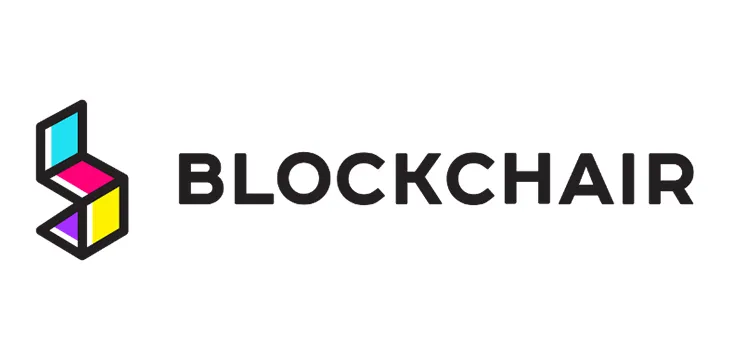|
Getting your Trinity Audio player ready...
|
To protect users’ anonymity blockchain explorer Blockchair refuses to collect personal data or share it with third parties
There is a raising doubt around anonymity of the cryptocurrencies. While interactions on blockchain seem to be private, most supporting web services (exchanges, wallets, block explorers etc.) are not.
Why should one be concerned about the privacy? Cryptocurrency companies commonly store user information, including available balances, lists of transactions and types of cryptocurrency. Web servers maintain default logs of IP addresses, the dates and times of the browsing activity and the URLs one visited. They might sell this information, publish it, share it with government agencies, or they might be hacked.
It is easy for blockchain explorers to trace the digital fingerprint that links users with addresses and transactions. That’s because a cryptocurrency address page is commonly visited by the address owner, and the transaction page is visited by the transaction parties. This data is also picked up by the web analytics tools, advertising platforms and similar third-party services.
Blockchair, a blockchain explorer for BTC, ETH, BCH, BSV and LTC, aims to protect users’ privacy and has recently published a Privacy Policy explaining security issues connected with using crypto. The block explorer does not store data, keep logs or use cookies. To ensure user anonymity Blockchair does not use any type of web analytics tools either. Anonymous aggregated data that allows to improve Blockchair’s website is the only thing that is collected.
Blockchair discovers the major ways of personal data leak and how it can be protected by other web services in its Privacy Policy.

 07-02-2025
07-02-2025 





